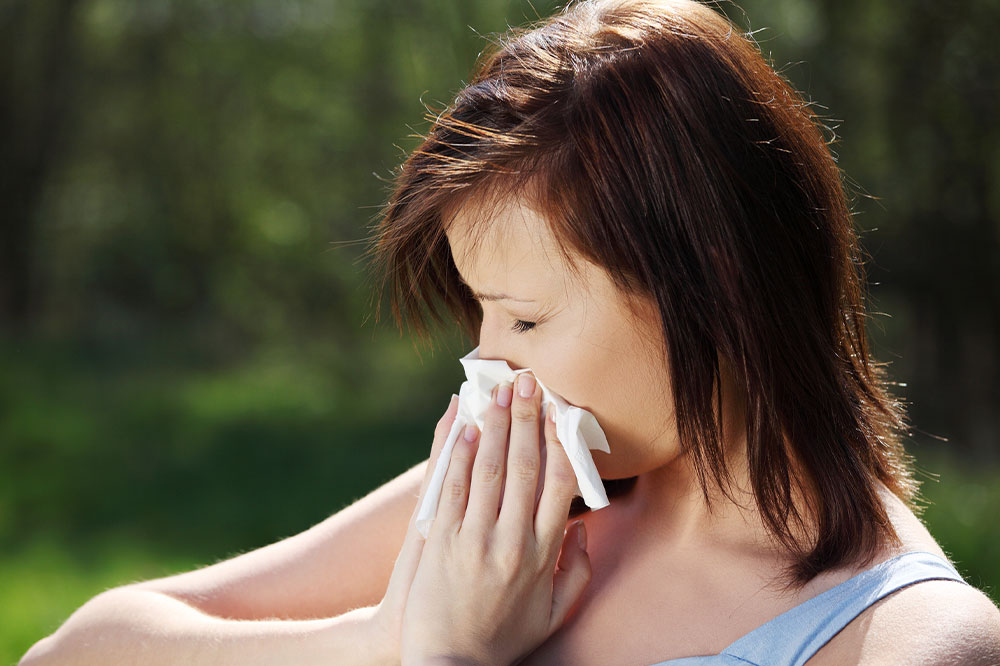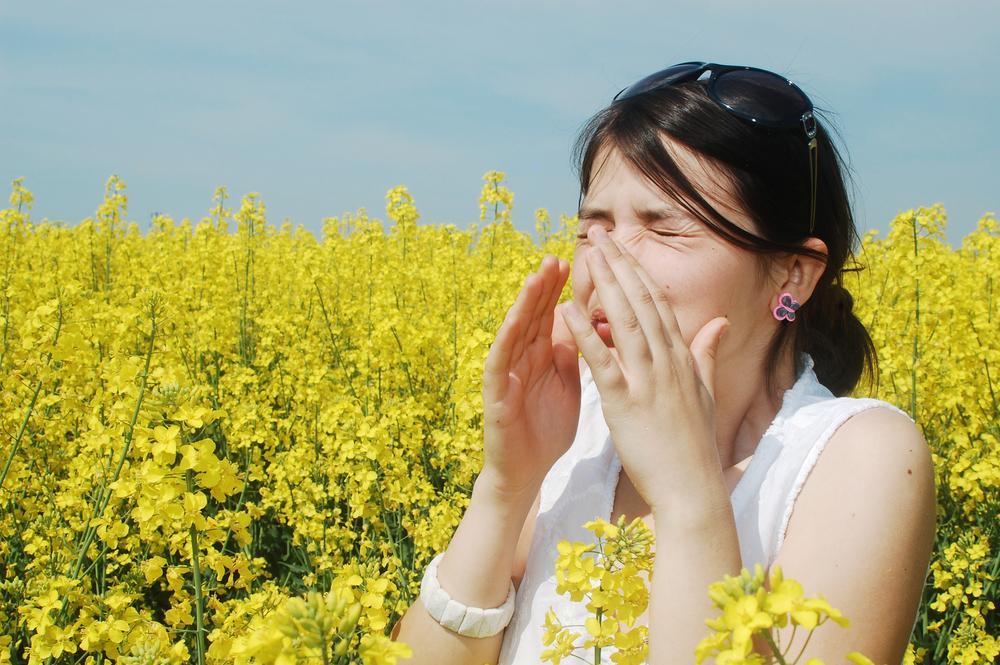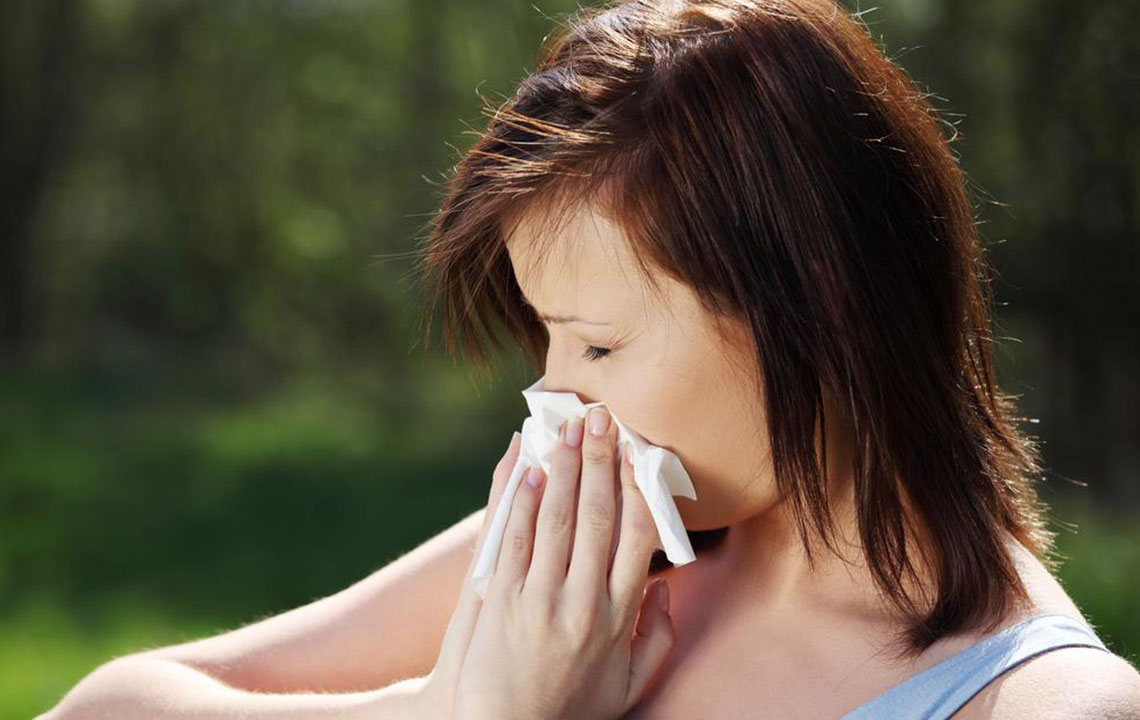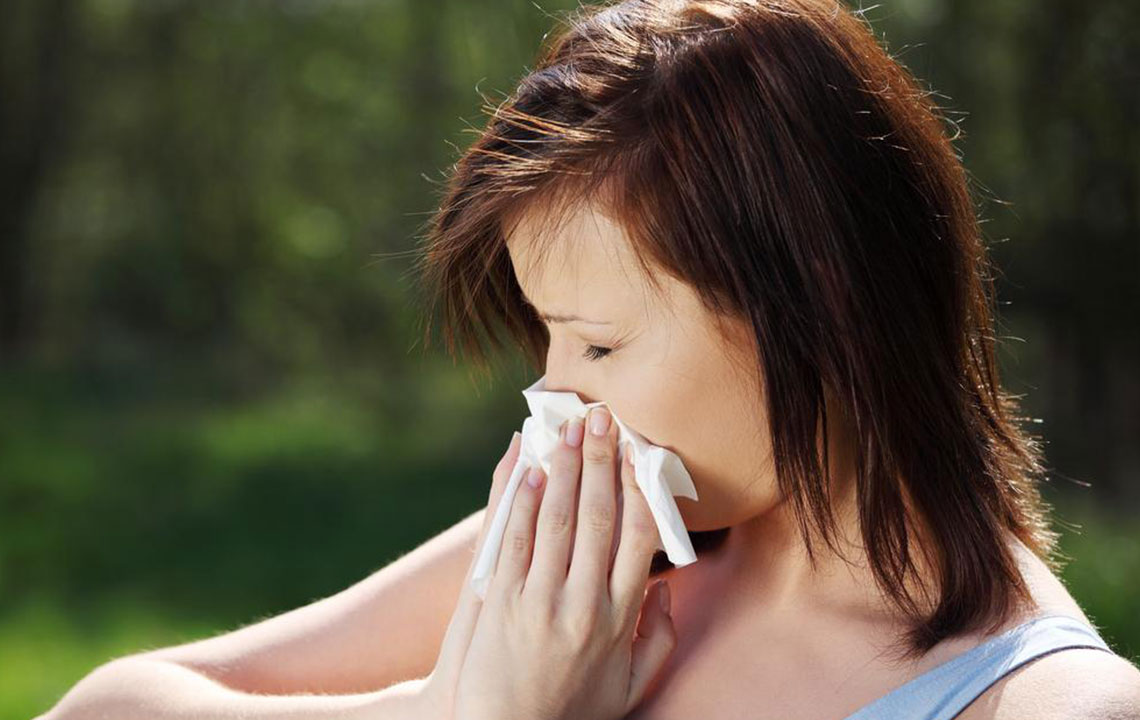Understanding and Managing Persistent Dry Cough Allergies
This article provides comprehensive information on dry cough allergies, including causes, symptoms, and effective management strategies. It explores diagnostic options, medication treatments, natural remedies, and alternative therapies for relief. It emphasizes reducing environmental triggers to prevent persistent coughing and highlights the importance of immune system support for long-term health. Suitable for those suffering from chronic dry coughs caused by allergies, the guide offers practical advice to improve quality of life through medical and natural approaches.
Sponsored

A cough is the body's natural reflex to clear the respiratory passages of irritants or fluids.
This process involves inhaling and then forcefully exhaling against a closed glottis, producing the familiar coughing sound. It’s among the most common reasons people seek medical care, serving to eliminate harmful substances from the airway.
A persistent dry cough can impact your overall health and quality of life, especially if it becomes prolonged or recurrent.
Dry Cough from Allergies
This type of cough occurs without mucus production, typically due to environmental allergens that cause throat irritation or inflammation. Allergies are often the main cause of long-term coughs, especially in non-smokers. Reducing exposure to irritants can help alleviate symptoms.
This cough is characterized by an intense, forceful sound that can last from minutes to days.
Risk factors for dry cough allergies include:
Family history of allergies
Sensitive skin
Recurring bouts of cough that may resolve or persist
Causes
The immune response releases a chemical called histamine upon allergen exposure, leading to symptoms like itchiness, sneezing, and coughing.
Common allergens include:
Tree and flower pollens
Grass and weed pollens
Dust mites
Animal dander — fur, hair, feathers
Mold spores
Environmental triggers that worsen symptoms are:
Temperature fluctuations (hot to cold)
Smoke from cigarettes, wood, or incense
Polluted air particles
Chemicals, perfumes, hairsprays
High humidity levels
Other chemical exposures
Diagnosis & Treatment
To confirm allergy-related dry coughs, doctors may perform skin testing and blood tests to detect Immunoglobulin E (IgE) antibodies.
Treatment options include medications, natural remedies, or alternative therapies.
Medications
Antihistamines: These drugs block histamine receptors, reducing swelling and irritation of the throat and nasal passages. They help decrease coughing and allergy symptoms like sneezing and watery eyes. Common options are cetirizine, diphenhydramine, and fexofenadine.
Immunotherapy: This approach involves allergy shots that gradually desensitize the immune system by administering increasing allergen doses. Over months, this can reduce symptom severity and improve tolerance.
Home Remedies
Boosting immunity with simple kitchen ingredients helps control dry cough symptoms naturally:
Turmeric: Mix a teaspoon with warm milk to soothe the throat.
Spices: Cloves, cinnamon, and licorice tea, or raw consumption with warm water, bolster immune defenses.
Ginger and honey: Combining these can reduce inflammation and comfort the irritated throat.
Basil (Tulsi): Known for its antibacterial properties, tulsi leaves help manage symptoms.
Alternative Therapies
Since some allergy medications cause side effects like drowsiness or dry mouth, many opt for natural remedies such as acupuncture, probiotics, or nasal saline rinses to alleviate symptoms.






